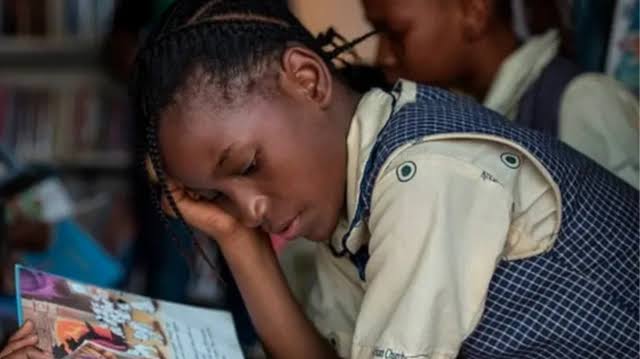Danger looms as high school fees stop many children from resumption
As the new academic session begins, thousands of school-age children in Bauchi State are struggling to resume classes due to a significant increase in school fees.
Parents who once managed to send their children to private schools and paid minimal fees are now finding it difficult to continue, as new term fees have suddenly jumped from between N20,000 and N28,000 to N46,000 and N63,000 per child.
This alarming development has sparked concerns among education stakeholders, parents, and policymakers, who warn of dire consequences for the state and the country’s future if urgent action is not taken to get the children back to school.
The fee hike poses a more serious challenge for Bauchi State, which currently has one of the highest numbers of out-of-school children in Nigeria, recorded at 1.2 million according to a 2022 UNESCO report.
Although the state government claims to have reduced that figure by 521,000, many children are now being forced out of school due to the high costs, which the average parent in Bauchi cannot afford.
READ ALSO: Nigerian students protest deportation notice by UK university over unpaid fees
One of the affected parents, Aisha Aliyu, a mother of three, expressed her frustration: “Since school resumed in early September, my children have been staying at home because we haven’t been able to pay the increased school fees their school is demanding.”
“I was shocked when I got to the school and was told that the fees had doubled,” Aliyu continued. “We couldn’t afford it, so I had to withdraw two of my children and let the youngest remain in school with the little money I had planned to use to pay for all three.
We are planning to register the older ones in a public school, which is not what we wanted, because there are almost no facilities there. Even then, they will have to wait until the second term to resume because we don’t have any money right now.”
Aliyu further explained that her family invested heavily in farming and would have to wait until they harvest and sell their crops to afford the school fees. “Everything is expensive now, and eating one meal these days is a miracle. Some days we go to bed hungry,” she said.
Many parents share similar stories, particularly those whose children attend private schools. Inflation has significantly impacted both school fees and the cost of educational supplies, which were relatively affordable only a year ago.
Despite these struggles, Bauchi State’s Commissioner of Education, Dr. Jamila Dahiru, has boasted of an increase in school enrolment across the state.
She noted that the state is positioning itself as a leader in education, with an extensive network of schools being overseen by the Ministry of Education, the Special Schools Board, and the State Universal Basic Education Board (SUBEB).
According to Dahiru, Bauchi has 3,854 primary schools, 1,038 junior secondary schools, and 450 senior secondary schools, making up a total of 5,342 schools.
Dahiru revealed that, based on the last Annual School Census, the public primary school sector in Bauchi had an enrolment of 1,808,256 students, with girls making up 48% of that number. Approximately 1,470,625 were in pre-primary and primary schools, 216,326 were enrolled in junior secondary schools, and 121,305 in senior secondary schools.
However, the recent fee hikes are putting this progress at risk. A top education official, speaking anonymously, attributed the increase in school fees to rising costs and inflation.
The official stated, “We are reviewing the school fee policy to ensure it is equitable and accessible to all. We are committed to providing quality education, but we need to balance costs with affordability.”
Ibrahim Ahmed, Executive Director of a Bauchi-based NGO, described the situation as “dire.” He said, “We’ve seen a significant increase in the number of out-of-school children, and it is affecting the most vulnerable communities. We need urgent action to address this crisis.”
READ ALSO: How 12 public varsities acquired N12billion from students via transcript fees
Ahmed, along with other critics, is calling on the government to explore alternative funding options to ease the financial burden on parents while maintaining the quality of education.
Suggestions include seeking support from private investors and international organizations to create a more affordable and sustainable education system.
As the situation worsens, the state cannot afford to sit idle. Clear and immediate action is needed to prevent a lost generation of Bauchi’s children, who are undeniably the future of the state and the nation.
Without swift intervention, the education crisis could have long-lasting effects on Bauchi’s socio-economic landscape, leaving thousands of children without the necessary skills to contribute to the country’s development.
Follow the Neptune Prime channel on WhatsApp: https://whatsapp.com/channel/0029Va74ZvU2v1IqKByXoX3d
Do you have breaking news, interview request, opinion, suggestion, or want your event covered? Email us at neptuneprime2233@gmail.com


